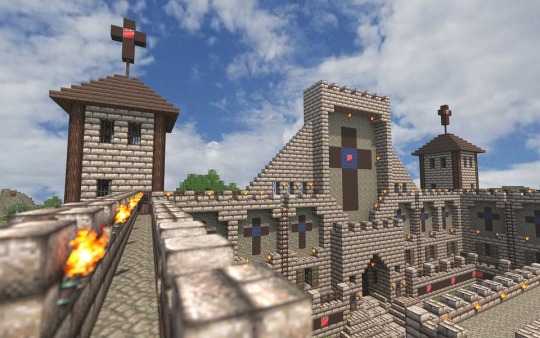Bridging the digital skills gap
Publication date: August 14, 2020
Programmers and developers are some of the most sought-after professions with demand far exceeding supply in Europe and the rest of the world. As such, exposing kids to coding at an early age is more important than ever to train the next generation of programmers – luckily, in Europe there are a range of programmes and organisations doing just this.
A child sits at home, their attention squarely focussed on a screen showing a three-dimensional videogame world, built solely from little 3D squares. They are totally immersed in this realm as they move their character from place to place. They are not, however, in a world created by programmers in Silicon Valley, but one of their own making – Minecraft, one of the most popular computer games of all time.

In a rectangular yet enchanting virtual world, a village is under threat of bushfire and the young player has to program their helper, a little robot, to clear the dry undergrowth and stop the flames from engulfing the entire village. But this game is not for pure entertainment, it is, in fact, introducing them to the nuts and bolts of coding, while also teaching them to solve problems and be inventive. Welcome to the world of 21st century teaching!
One Hungarian company wants to build on the block coding skills learnt from games such as Minecraft and help them creating their own games or apps in the future. Started in 2014, Logiscool is a coding school where university students become the teachers, helping to educate their younger peers who start coding already from the age of six.
“Anyone who acquires this knowledge will not only be a user, but also a creator of the digital world” says Anita Breuer, a Hungarian pioneer of the teaching code and Logischool co-founder. Her company now operates across three continents in 15 countries. It is expected that around 20,000 to 30,000 developers are presently needed on the Hungarian job market, however according to Anita Breuer, this gap grows when you take into account other professions that that require some coding abilities.
An ever-increasing number of individuals accept that in the comprehensive period of data innovation, robotisation and computerised reasoning, programming has become a must-have skill and should be taught on a par with reading, writing and maths. In the meantime, Minecraft, Logischool and programmes like EU Code Week aim to bridge the gap and train the next generation of coders.


